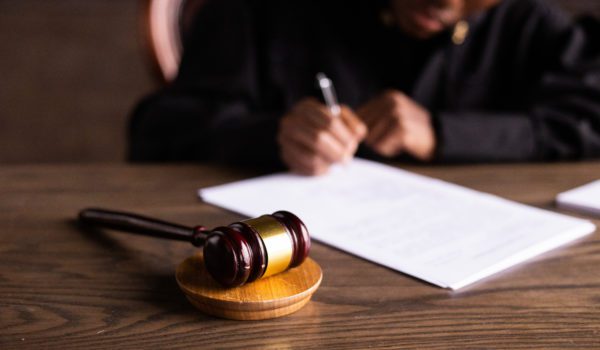In a unanimous decision issued Monday, June 13, the United States Supreme Court prohibited parties to private commercial arbitrations seated outside the U.S. from applying directly to U.S. federal courts for discovery assistance. The decision halts a recent uptick in the use of 28 U.S.C. § 1782, a statute that allows “any interested person” to obtain discovery (deposition testimony or documents) “for use in a proceeding in a foreign or international tribunal.”[1] The ruling makes it more difficult, but not impossible, for most foreign commercial arbitration parties to obtain discovery in the U.S.
Background
On December 10, 2021, the Supreme Court granted certiorari and consolidated two cases—AlixPartners[2] and ZF Auto. US[3]—to address the scope of Section 1782 for the first time since 2004.[4] The cases arose out of a federal circuit court split (the Second and Sixth Circuits, respectively) concerning whether foreign arbitrations qualify as “foreign or international tribunals” under Section 1782. The Sixth Circuit previously held that foreign arbitrations fell within the ambit of Section 1782, allowing parties to apply directly to federal courts when seeking discovery from third parties based in the U.S. The Second Circuit took the opposite tack, holding that foreign arbitrations are not equivalent to foreign or international tribunals.
Holding
The Supreme Court held that Section 1782 reaches only foreign governmental or intergovernmental adjudicative bodies, and neither of the private arbitral panels involved in the two cases (a private commercial arbitration and an investor-state arbitration panel) met that criterion. The opinion clarified that the term “foreign tribunal” refers more naturally to being under some sovereign possession of the nation rather than being simply situated there. As such, the private commercial dispute resolution organization based in Germany did not qualify. Similarly, an “international tribunal” is understood to be imbued with authority from multiple nations. The opinion found that while governments may give official authority to an ad hoc arbitration panel, that is not enough. Mere agreement by treaty to submit to arbitration before a body does not imbue governmental authority.
Implications
The decision forecloses foreign arbitral parties from taking advantage of Section 1782, which serves as an expedited means to compel discovery from third parties in the U.S. However, foreign arbitral parties may still pursue discovery through a letters rogatory sent via the Hague Convention on the Taking of Evidence Abroad in Civil or Commercial Matters (the “Hague Evidence Convention”), of which the U.S. is one of 64 signatories. For example, a party to a German-based arbitration could apply to German courts for a letters rogatory to the U. S based on the Hague Evidence Convention. See Sections 1050 and 363 of the German Code of Civil Procedure (Zivilprozessordnung). The request would then be transmitted via official channels to the United States Department of Justice, which forwards the request to the appropriate federal district court. This route may still be open to challenge, the question being whether a request that issues from a foreign tribunal in aid of arbitration fits within the adjudged scope of Section 1782. Parties that use this mechanism should also be mindful that Hague Evidence Convention requests take considerably longer to resolve than a direct Section 1782 application.
For more information related to Section 1782 applications or cross-border dispute resolution of any kind, please contact any attorney with Frost Brown Todd’s International Services Team.
*Summer Associate Inma Sumaita contributed to this article.
[1] 28 U.S.C. § 1782(a).
[2] Fund for Prot. of Inv. Rights in Foreign States v. AlixPartners, 5 F.4th 216 (2d Cir. 2021), cert. granted sub nom. AlixPartners, 142 S. Ct. at 638.
[3] Luxshare v. ZF Auto. US, 547 F. Supp. 3d 682 (E.D. Mich. 2021), cert. granted sub nom. ZF Auto. US, 142 S. Ct. at 637.
[4] Intel Corp. v. Advanced Micro Devices, Inc., 542 U.S. 241 (2004).

